LONDON, UK: The government of the United Kingdom and Great Britain and Northern Ireland has made headlines over the past decade for policies focused on reducing sugar over consumption. To learn how policy differences may have influenced outcomes, researchers from Queen Mary University of London have compared the sugar reduction programme and the soft drinks industry levy. They found that the interventions achieved mixed success and some clear reductions in sugar content and that their effectiveness may have been influenced by an increase in sales of soft drinks and sugar sales from foods.
The soft drinks industry levy is a fiscal measure introduced in 2018 that imposes taxes on drinks with sugar content exceeding certain thresholds, incentivising manufacturers to reformulate products to avoid taxes. This policy led to a significant 34.3% reduction in sugar sales from soft drinks from 2015 to 2020, illustrating the effectiveness of mandatory measures in influencing industry behaviour. However, driven by a shift to lower-sugar products and possibly by surrogate marketing to boost high-sugar drink sales, soft drink sales rose by 21.3% from 2015 to 2020.
Announced in the government’s 2016 childhood obesity plan, the sugar reduction programme was a voluntary initiative encouraging companies to reduce sugar content in products by 20% by 2020. The programme covers various food categories, including breakfast cereals, yogurts and confectionery. However, it only achieved a 3.5% reduction in the average sugar content of products, adjusted for sales volume, in retailer- and manufacturer-branded products between 2015 and 2020, highlighting the limitations of voluntary approaches and the need for more stringent measures.
The researchers recommended that the value of the levy be increased in order to encourage more manufacturers to reformulate their products and that the sugar content threshold be reduced to support further reformulation and to seek to address some of the increase in sales. Owing to new evidence on the long-term health concerns of non-sugar sweeteners, the researchers also recommended that these sugar alternatives be included in new policy, following the public health measures of various countries in taxing products. Applying similar fiscal measures to other high-sugar products, such as confectionery and juices, could reduce overall sugar intake more effectively, the researchers suggested. Additionally, they stated that transitioning from voluntary to mandatory targets in the sugar reduction programme would likely yield better results because no company will then be disadvantaged for taking action that its competitors have not.
Public Health England reported that, between 2016 and 2020, dental caries was the most common cause of hospital admissions in children who required general anaesthetic for tooth extractions. The two policies aimed to help mitigate the continuing upward trend of health conditions directly tied to sugar consumption.
The article, titled “Outcomes of sugar reduction policies, United Kingdom of Great Britain and Northern Ireland”, was published on 1 June 2024 in the Bulletin of the World Health Organization.
Topics:
Tags:
CAMBRIDGE, UK: Dental caries is the primary cause of elective hospital admissions among UK children aged 5–9 years, and the disease accounts for nearly ...
RUGBY, UK: Far fewer extractions have been performed on paediatric patients in the UK during the pandemic, but according to the Oral Health Foundation, this...
JOHANNESBURG, South Africa: In 2018, South Africa introduced a tax on sugar-sweetened beverages (SSBs) based on their respective levels of sugar content ...
LEIPZIG, Germany: The global obesity epidemic shows few signs of abating, and numerous countries from different regions have introduced policies aimed at ...
LONDON, UK: The negative impact that excess sugar consumption has on both oral and overall health is a well-established fact at this point. It comes as ...
PHILADELPHIA, U.S.: Some of the recurring suspected culprits responsible for the growing prevalence of dental caries globally are food and drinks with added...
Live webinar
Tue. 24 February 2026
6:00 pm UTC (London)
Prof. Dr. Markus B. Hürzeler
Live webinar
Tue. 24 February 2026
8:00 pm UTC (London)
Prof. Dr. Marcel A. Wainwright DDS, PhD
Live webinar
Wed. 25 February 2026
4:00 pm UTC (London)
Prof. Dr. Daniel Edelhoff
Live webinar
Wed. 25 February 2026
6:00 pm UTC (London)
Live webinar
Thu. 26 February 2026
1:00 am UTC (London)
Live webinar
Tue. 3 March 2026
4:00 pm UTC (London)
Dr. Omar Lugo Cirujano Maxilofacial
Live webinar
Wed. 4 March 2026
1:00 am UTC (London)
Dr. Vasiliki Maseli DDS, MS, EdM



 Austria / Österreich
Austria / Österreich
 Bosnia and Herzegovina / Босна и Херцеговина
Bosnia and Herzegovina / Босна и Херцеговина
 Bulgaria / България
Bulgaria / България
 Croatia / Hrvatska
Croatia / Hrvatska
 Czech Republic & Slovakia / Česká republika & Slovensko
Czech Republic & Slovakia / Česká republika & Slovensko
 France / France
France / France
 Germany / Deutschland
Germany / Deutschland
 Greece / ΕΛΛΑΔΑ
Greece / ΕΛΛΑΔΑ
 Hungary / Hungary
Hungary / Hungary
 Italy / Italia
Italy / Italia
 Netherlands / Nederland
Netherlands / Nederland
 Nordic / Nordic
Nordic / Nordic
 Poland / Polska
Poland / Polska
 Portugal / Portugal
Portugal / Portugal
 Romania & Moldova / România & Moldova
Romania & Moldova / România & Moldova
 Slovenia / Slovenija
Slovenia / Slovenija
 Serbia & Montenegro / Србија и Црна Гора
Serbia & Montenegro / Србија и Црна Гора
 Spain / España
Spain / España
 Switzerland / Schweiz
Switzerland / Schweiz
 Turkey / Türkiye
Turkey / Türkiye
 UK & Ireland / UK & Ireland
UK & Ireland / UK & Ireland
 International / International
International / International
 Brazil / Brasil
Brazil / Brasil
 Canada / Canada
Canada / Canada
 Latin America / Latinoamérica
Latin America / Latinoamérica
 USA / USA
USA / USA
 China / 中国
China / 中国
 India / भारत गणराज्य
India / भारत गणराज्य
 Pakistan / Pākistān
Pakistan / Pākistān
 Vietnam / Việt Nam
Vietnam / Việt Nam
 ASEAN / ASEAN
ASEAN / ASEAN
 Israel / מְדִינַת יִשְׂרָאֵל
Israel / מְדִינַת יִשְׂרָאֵל
 Algeria, Morocco & Tunisia / الجزائر والمغرب وتونس
Algeria, Morocco & Tunisia / الجزائر والمغرب وتونس
 Middle East / Middle East
Middle East / Middle East




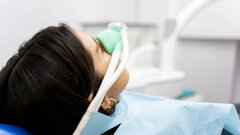






















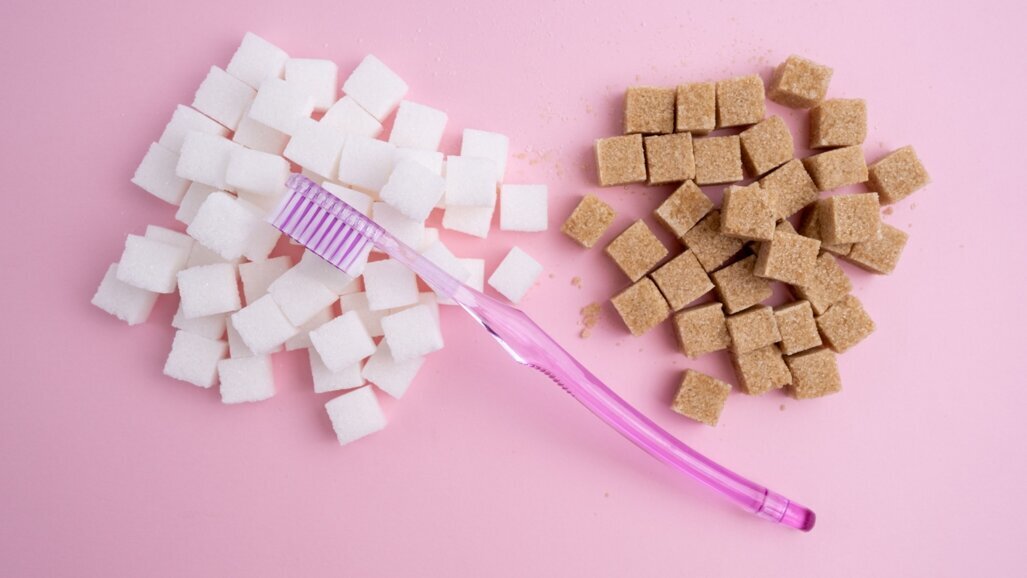



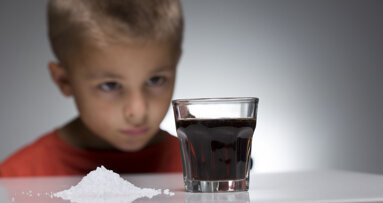

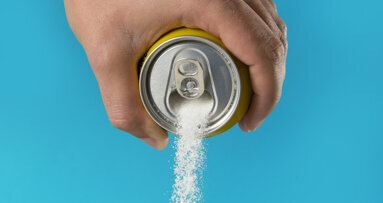
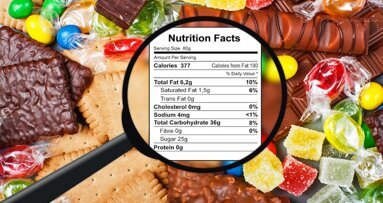
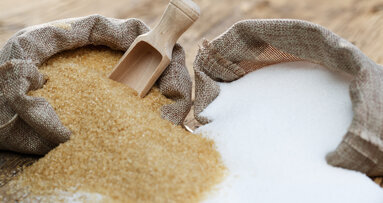










To post a reply please login or register